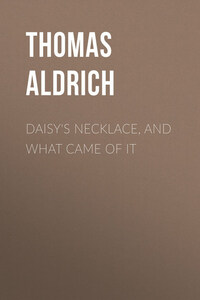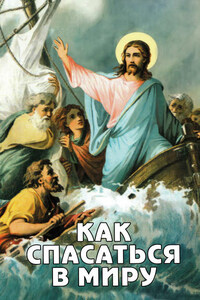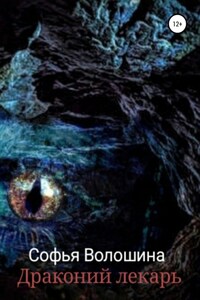TO THE UNFORTUNATE READER
In this little Extravaganza, I have done just what I intended.
I have attempted to describe, in an auto-biographical sort of way, a well-meaning, but somewhat vain young gentleman, who, having flirted desperately with the Magazines, takes it into his silly head to write a novel, all the chapters of which are laid before the reader, with some running criticism by T. James Barescythe, Esquire, the book-noticer of "The Morning Glory," ("a journal devoted to the Fine Arts and the Amelioration of all Mankind,") and the type of a certain class which need not be distinctly specified for recognition. I have endeavored to make the novel of my literary hero such a one as a young man with fine taste and crude talent might produce; and I think I have succeeded. It is certainly sufficiently unfinished.
In drawing the character of Barescythe, the point of my quill may have pierced a friend; and if you ask, like Ludovico,
"What shall be said of thee?"
I shall answer, like Othello,
"Why, anything:
An honorable murderer, if you will;
For nought I did in hate, but all in honor."
The only audacious thing I have done is the writing of this preface. If there is anything more stupid than a "preface," it is a book-critic. If anything could be more stupid than a book-critic, it would be a preface. But, thank heaven, there is not. In saying this, I refer to a particular critic; for I would not, for the sake of a tenth edition, malign in such a wholesale manner those capital good fellows of the press – those verbal accoucheurs who are so pleasantly officious at the birth of each new genius. Not I. I have and a love for them, which would seem like a bid for their good nature, if expressed here.
I have put my name on the title-page of this trifle from principle. My pen-children are all mine, and I cannot think of disowning one, though it may happen to be born hump-backed. But I beg of you, gentlest of unfortunate readers, not to take Daisy's Necklace as a serious exponent of my skill at story-telling. It is not printed at the "urgent request of numerous friends" – I am so fortunate as not to have many – but a seductive little argument in the shape of a cheque is the sole cause of its present form; otherwise, I should be content to let it die an easy death in the columns of the journal which first had the temerity to publish it. If the world could always know, as it may in this case, why a book is printed, it would look with kindlier eyes on dullness bound in muslin. It would say, with honest Sancho Panza: "Let us not look the gift-horse in the mouth."
When the sunshine of this dear old world has reddened the wine in my heart – melted down its sparkles to a creamy flavor, I will give you a richer draught – mayhap a beaker of Hippocrene.
Till then, may God's blessing be on us both, though neither of us deserve it.
It hath beene sayed, and it seemeth soe untoe me, that ye man who writes a booke maist have much vanitie and vexation of spirite.
Ye Two Poore Authors.
"Mrs. Muggins!"
"Yes, sir."
"Say that I am sick. Say I am dead – buried – out of town. In short, say anything you will; but deny my existence to every one who calls, with the exception of Mr. Barescythe."
"Yes, sir."
"I am going to write a novel, Mrs. Muggins!"
That lady did not exhibit much emotion.
"Yes, sir."
And Mrs. Muggins ambled out of the room-door, to which she had been summoned by some peremptory appeals of my bell. I was somewhat shocked at the cool manner with which Mrs. Muggins received the literary intelligence; but she, poor, simple soul, did not know that my greatness was a-ripening.
"Some of these days," said I to myself, turning toward the window, "some of these days, mayhap a hundred years hence, as the stranger passes through Washington Parade Ground, this house – wrinkled and old then – will be pointed out to his wonder-loving eyes as the one in which my novel was written; and the curious stranger will cut his name on the walls of the room which I never occupied, and carry away a slice of the door-step!"
I immediately fell in love with this fascinating thought, and followed it up.
The slender trees which now inhabit the Parade Ground had grown immensely – the trunks of some were three feet in diameter, and around them all was a massive iron railing. The brick and brownstone houses on Waverly Place and Fourth-street had long been removed, and huge edifices with cast-iron fronts supplanted them. I looked in vain for the little drug-store on the corner with its red and green bottles, and the fruit-man's below with its show of yellow bananas and sour oranges. The University, dimly seen through the interlacing branches, was a classic ruin.
Everything was changed and new.
All the old land-marks were gone, save the Parade Ground, and one quaint old house facing Mac Dougal-street: the which house was propped up with beams, for, long and long ago, before "the memory of the oldest inhabitant" even, an author, a sweet quiet man, once wrote a famous book there, and the world of 1956 would preserve the very floors he trod on!








